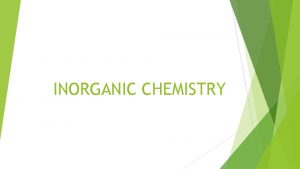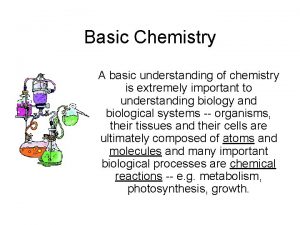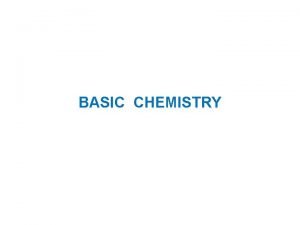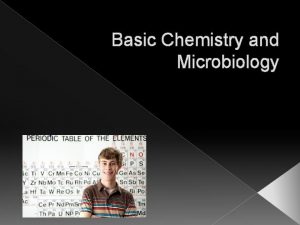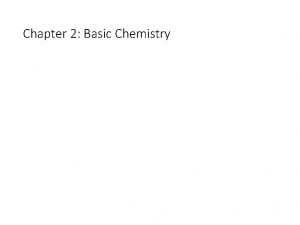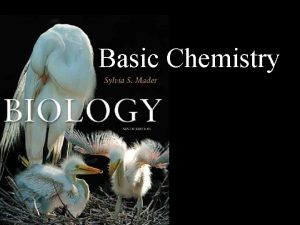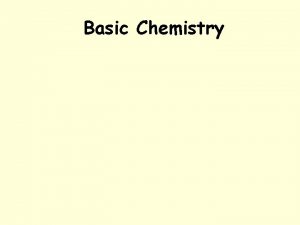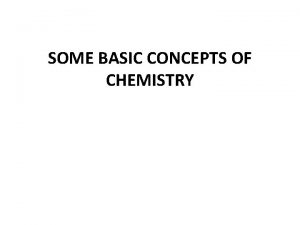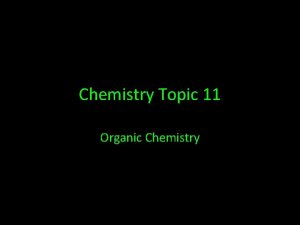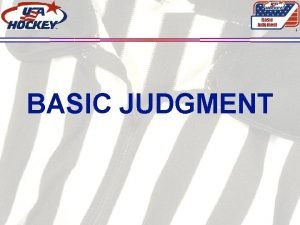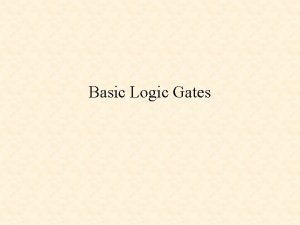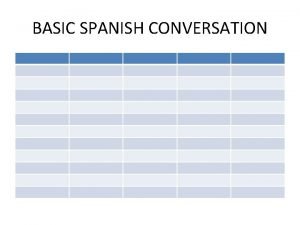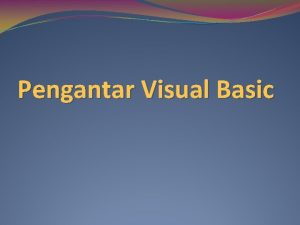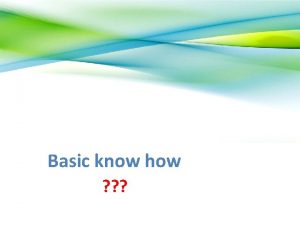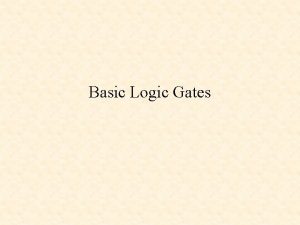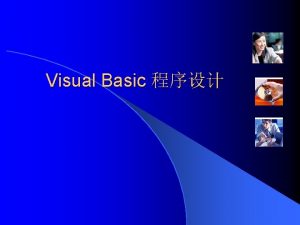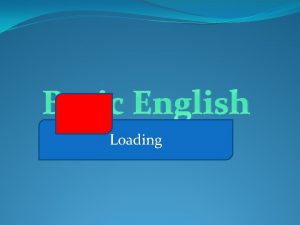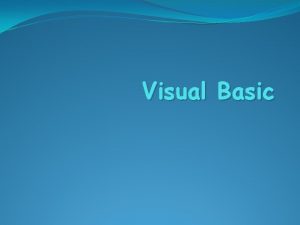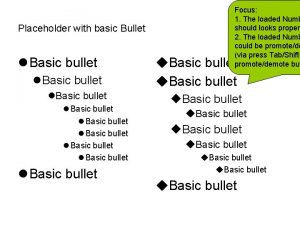Basic Chemistry What is Chemistry Chemistry is the

Basic Chemistry

What is Chemistry?

Chemistry is the study of the changes in matter whether they be physical changes or chemical changes. What is matter? Anything that has mass and takes up space.

What is not matter? Energy, light, sound, electricity, solar – If it isn’t matter then it is energy

Branches of Chemistry: Organic Chemistry Inorganic Chemistry Biochemistry Analytical Chemistry Physical Chemistry – mechanism and energy transfer in chemical reactions

Pure chemistry is the study for the sake of learning and understanding. Applied chemistry is research with a goal. To solve a problem or a need.

Why study Chemistry? Useful explanation of the natural world Preparation for careers Producing informed citizens Its cool!

Levels of Viewing • Macroscopic: objects that can be seen by the naked eye – Examples: your desk, a car, a strand of hair • Microscopic: objects that require magnification to be seen – Examples: DNA, molecules, atoms

Chemistry Far and Wide Chemists design material to fit certain needs • Silicon for computer chips • Sticky part of sticky notes • Saccharin – was discovered accidentally

Chemists play an essential role in finding ways to conserve, produce and store energy

Applications of Chemistry • Energy – Conservation: new types of insulation, not losing as much energy to heat – Production: new sources, renewable sources – Storage: batteries that are rechargable • Medicine and Biotechnology • Agriculture – “Round-up ready” • Environment: polutants are harmful – DDT, lead • Universe: amounts of different elements indicate activities on other planets

Alchemy • Origin of Chemistry • Started as kings wanting people change any element to gold • No logical explanation = “MAGIC”

Lavoisier • French tax collector, had a lot of money • Made lab equipment that could measure precisely and accurately • Experiments were repeatable • Died in French revolution from guillotine, but made advances in chemistry with measurements and lab equipment

Scientific Method • • Observe the Problem Hypothesize about the problem/ solution Test hypothesis Draw conclusions (develop a theory) • Theory- when a scientist comes to the same conclusion many times • Law- “Super theory”, description of a relationship

What is an hypothesis? Tentative explanation for what has been observed

What is an experiment? Set of controlled observations that test the hypothesis Independent variable – variable that you change (x- when graphed) Dependent variable – value that changes (y- when graphed) Control – standard for comparison

What is a conclusion? Judgment based on the information obtained. What is a theory? Explanation based on many observations and investigations over time

Qualitative data – describes color, odor, shape, or some other physical character Quantitative data – how much; how big/small

Steps for solving numeric problems: 1. Analyze 2. Calculate 3. Evaluate

Analyze? You have to determine where you are starting from and where you want to end up. What exactly are you trying to find? What are your knowns and unknowns?

Calculate Sometimes you have to convert units May need to rearrange a problem or an equation

Evaluate: Check your answers! Do my answers actually make sense? Did I find what I was looking for? Am I in the right units?
- Slides: 22























